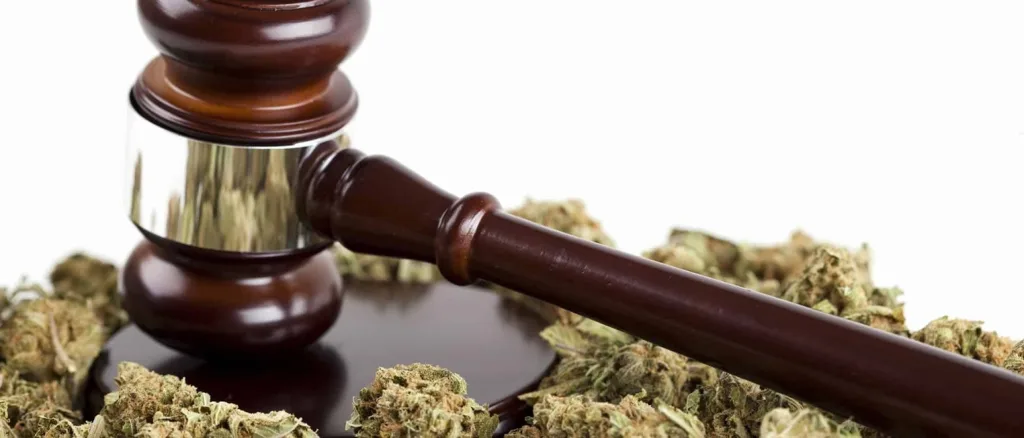The Michigan Supreme Court has ruled that the smell of marijuana, by itself, no longer provides probable cause for law enforcement to search a vehicle, effectively overturning a 25-year-old precedent.

In a 5-1 decision issued Wednesday, the court sided with defendant Jeffery Armstrong, who was charged in 2020 after Detroit police searched a Jeep Cherokee based solely on the odor of burnt marijuana. The search led to three criminal charges, including being a felon in possession of a firearm. However, the court determined the search violated constitutional protections against unreasonable searches.
“We agree… that in light of the voters’ intent to legalize marijuana usage and possession, the smell of marijuana, standing alone, no longer constitutes probable cause,” wrote Justice Megan Cavanagh in the majority opinion. She was joined by three other Democratic-nominated justices and Republican-nominated Chief Justice Elizabeth Clement.
The case marks the first time the court has revisited its 2000 decision in People v. Kazmierczak since voters passed Proposal 1 in 2018, which legalized recreational marijuana with 56% of the vote. Cavanagh wrote that the scent of marijuana could now just as easily signal legal activity, including recent lawful use or proximity to someone else who used it legally.
The ruling upholds the Michigan Court of Appeals’ decision to dismiss the charges against Armstrong, whose vehicle was approached by a police corporal who claimed to smell marijuana. Prosecutors had cited the Kazmierczak ruling to justify the search, but the Supreme Court found that something more—such as visible impairment—would now be required to establish probable cause.
Justice Brian Zahra, the lone dissenter, argued that marijuana use can still be criminal in certain contexts, particularly when it involves driving. He also questioned whether the smell was truly the sole basis for the search, saying he would have preferred to send the case back to a lower court for review.
Matthew Abel, a longtime Michigan attorney who focuses on marijuana law, praised the decision. “It’s nice to have honesty in the courts,” he said, calling the ruling long overdue and a victory for individual rights.
The decision underscores the shifting legal landscape since Michigan voters approved medical marijuana in 2008 and recreational use a decade later.








